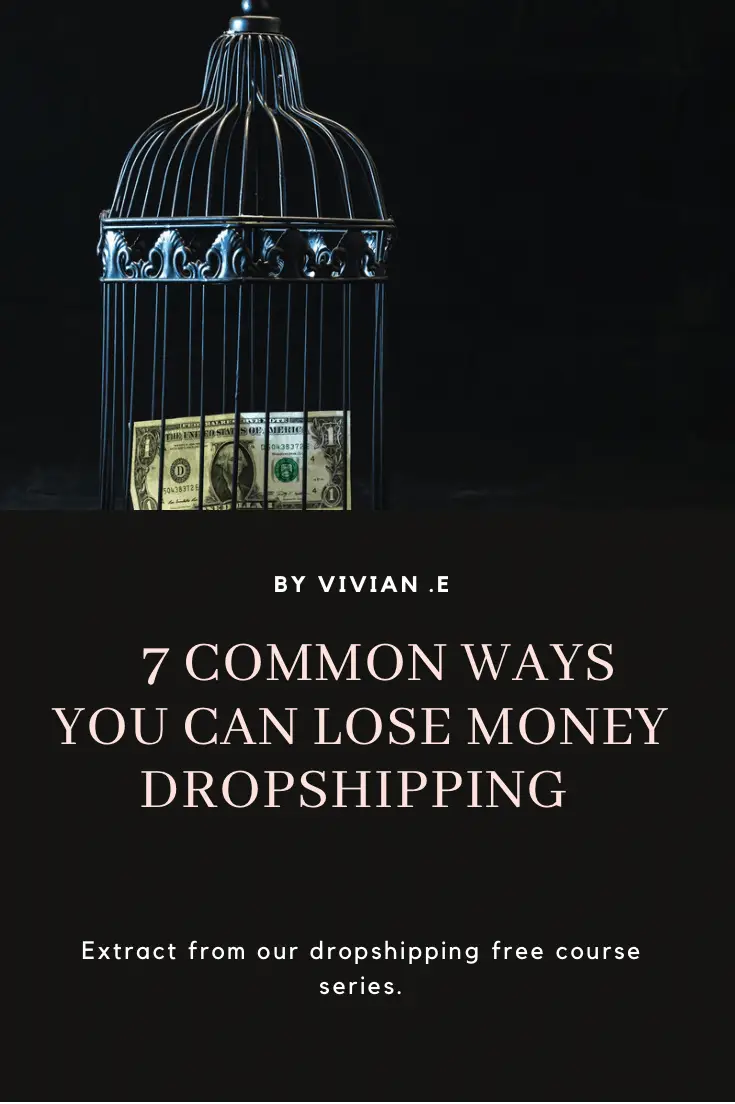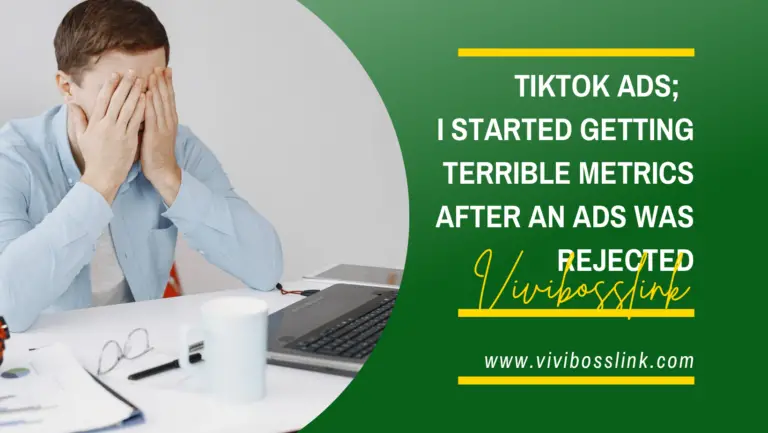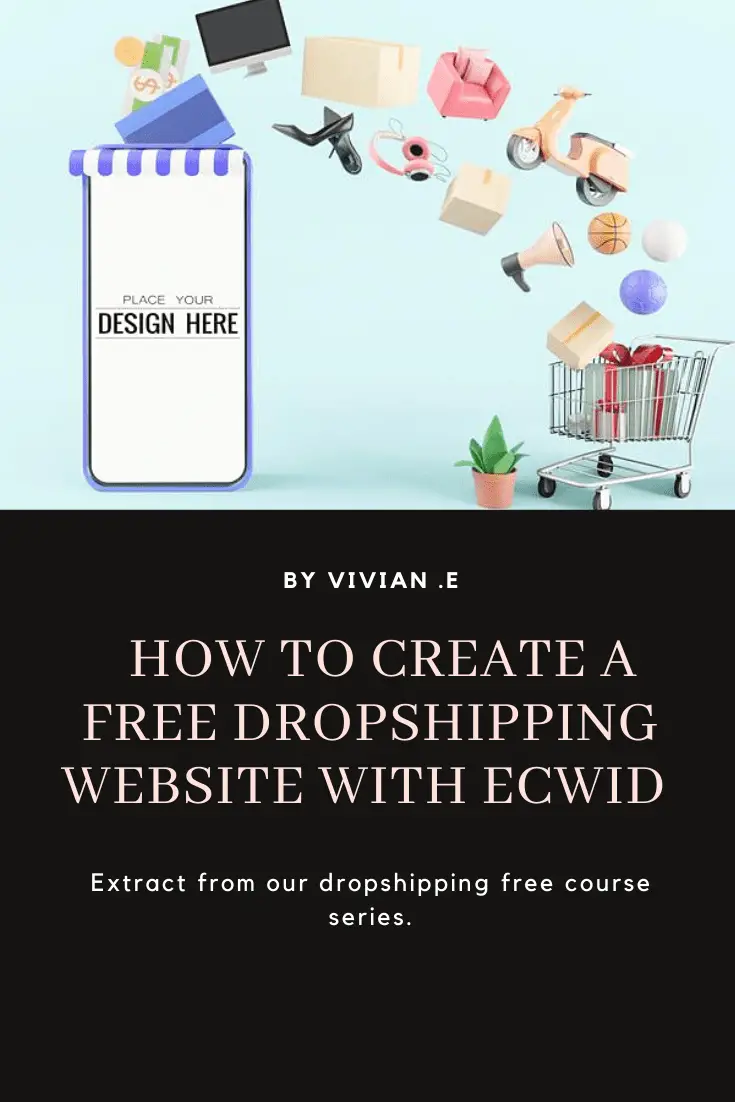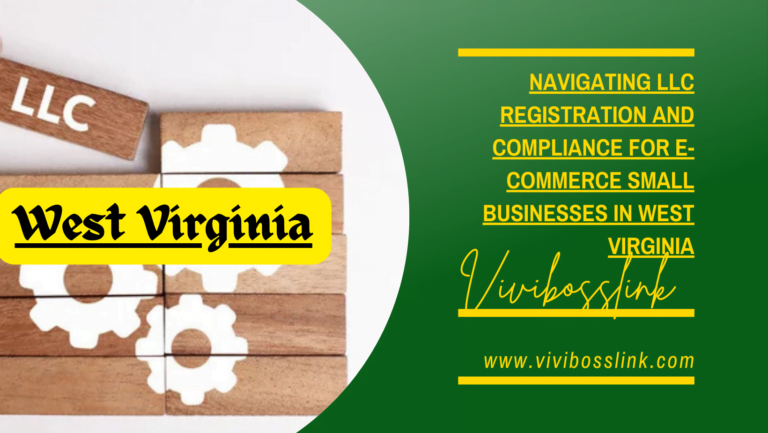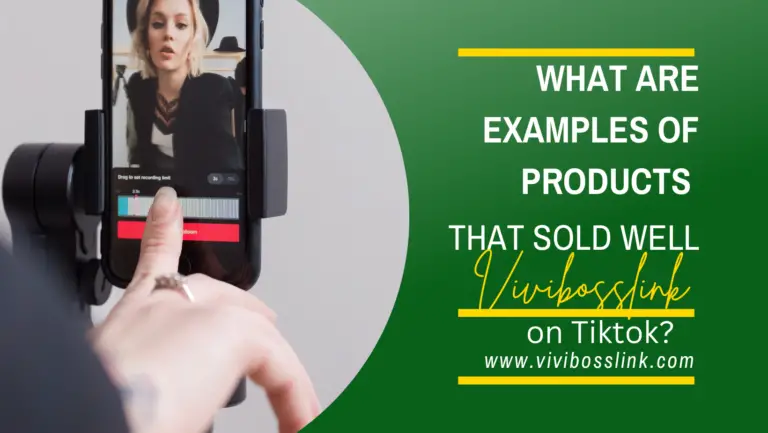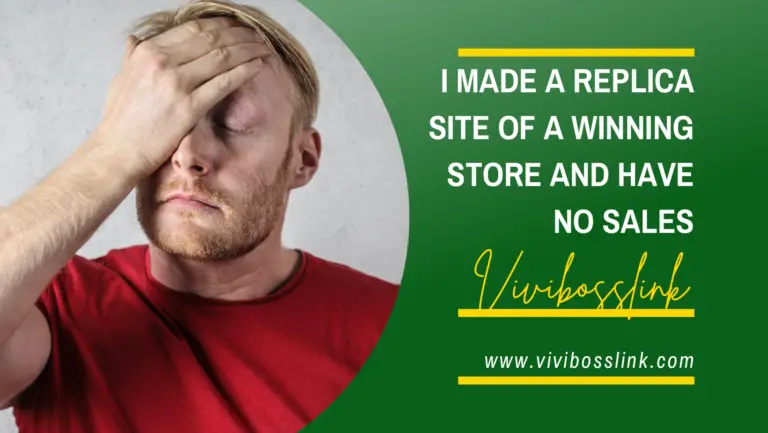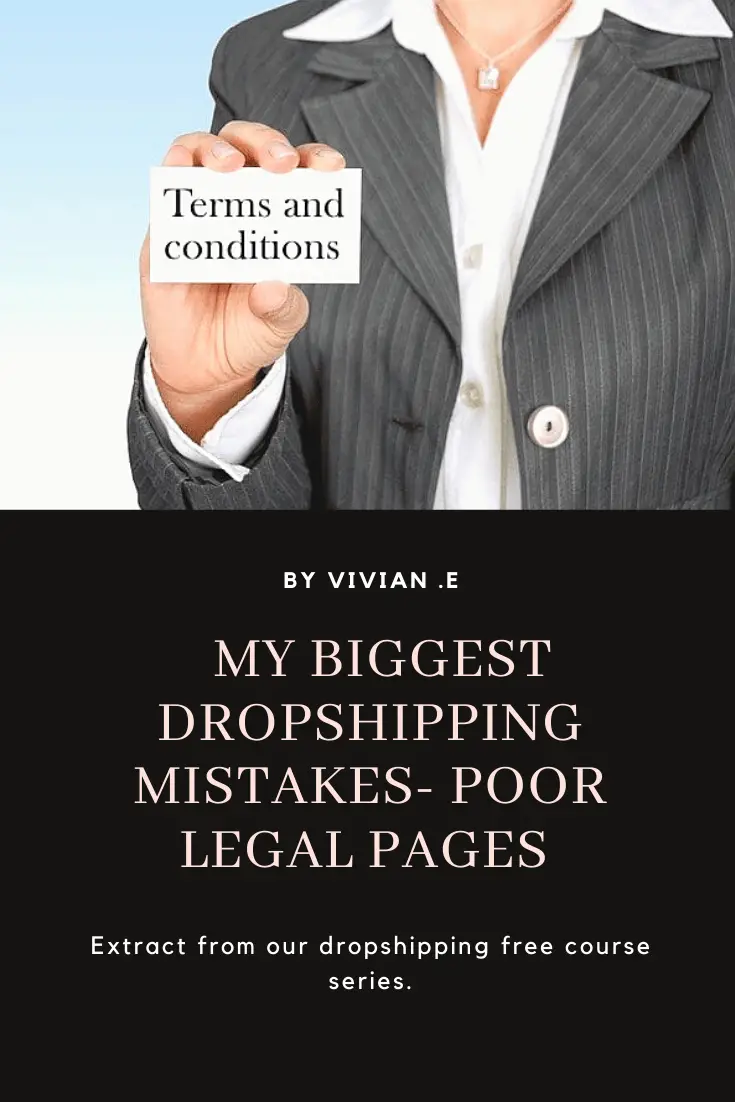
Earlier on, I made so many dropshipping mistakes, for example; not taking my legal pages seriously until I learnt the hard way but that’s a story for today!
In this article I just want to share things I make sure to include in my legal pages and you know why? To just stay out of legal troubles.
For the most part, Dropshipping is a high risk business because you don’t fully control the supply chain.
The truth is when I first got started I experienced some troubles which a few tweaks in my legal pages could have easily solved! For example;
- Customer dissatisfaction because of unexpected custom fees.
- Annoying Chargebacks from my payment processors
- Brand confusion between my site name, company and my PayPal account
- Facebook ad rejection for non-compliance of my site with Facebook’s policies.
- Risk for lawsuit for user privacy violations
- Unlimited liabilities (and this is perhaps, the worst of it).
- Over promising and distrust
Let me throw a little bit of insight into these troubles.
Legal pages are important to state the Terms and Conditions of your dropshipping store.
This publicly gives buyers an option to choose to agree with your store’s terms and conditions and proceed to do business with you or opt out!
This agreement becomes binding on transactions carried out on your website and in cases of dispute between your store and the customer.
The terms of your legal pages which make up the agreement becomes relevant and binding on both parties.
There is a latin maxim in law which says “Volenti non fit injuria” which means “No harm is done to he who consents”.
This means if you have legal pages in your store of which your customer agrees to, then the provision of those agreements becomes binding on him!
The check box prompting users to agree to terms and conditions before proceeding is very important!
So let’s go back to my experience, shall we?
I did face some customer complaints at the EU port of entry, before the July 2021 new VAT rules, there were occurrences of unexpected VAT and custom charges and it was hard to ask customers to pay for the excessive custom duties without a prior agreement.
This custom charge depends on the product being dropshiped and other factors.
For example some dropshipping supplier companies or shipping companies would have policies where they charge these fees on your shipment, so you are well informed of the fees and can include that on your product price or charge it separately as taxes.
In order cases, the shipping companies don’t pay the VAT or other import duties and you might not know of these fees until your product arrives at the port of entry.
Unexpected fees like this can have you wondering who should be obligated to pay the fee, you or your customers?
Informing a customer of an unexpected fee can be hard and might piss off your customer!
There are just so many things that can go wrong in a case like this! For example; refund requests and returns from an angry customer and without a refund policy on your store, it’s going to be unclear how to sort out these issues.
I also suffered chargebacks and it was difficult to prove my case with the payment processors as I had no legal pages that were to govern how customers transacted with my store.
Brand confusion between my site name, company name and PayPal account was a real issue.. let me explain this a bit.
I basically had a company name that was different from my site domain which was different from my PayPal account details.
This set up just confused my customers and created a distrustful environment.
I only later realized this when I was trying to analyze the reason I experienced poor conversion rates.
Just adding something like “company ABC, owns and manages XYZ business” in my site footer, checkout page and my store legal pages would have reduced or eliminated this confusion.
I experienced Facebook ad rejection for non-compliance of my site with Facebook’s policies.
I didn’t know why or which policies I was breaking that caused some of my ads to be rejected. I only just learnt from a friend who is a dropshipper what I was doing wrong.
Yet again, the solution was a minor fix to my legal pages that would have solved the problem.
Simply adding the following disclaimer to the footer of my landing page and my legal pages;
” This site is not a part of the Facebook™ website or Facebook™ Inc. Additionally, this site is NOT endorsed by Facebook™ in any way. FACEBOOK™ is a trademark of FACEBOOK™, Inc. “
Simple right? Yet missing simple but important things like this can cause a truck load of frustrations.
I also realized that not having a privacy policy page for a dropshipping store in which I collected and processed some user data i.e customer delivery address etc, caused my store to be in violation of google’s quality policy.
Not having a private policy can affect SEO rankings for the website.
More so, if your website uses cookies. For example; if you run a blog to promote your dropshipping store that refers people to other affiliate products then, You’d need to take extra steps to be GDPR compliant like requesting users to accept cookies when they visit your site.
Generally having your legal pages clearly published on your dropshipping website can protect you from liabilities.
Within those agreements, you can share risk and liabilities. For example you can have a policy that gives customers the obligation to pay any custom related fees.
You can also give short notices of important provisions of the Terms and Conditions in other areas of your website where a user can easily see these notices.
These notices are important so as to comply with laws in some countries as well as for obvious reasons; most customers don’t go through the agreement page before accepting the terms.
More so, before you draft your dropshipping legal pages, here is one thing you should always do!
Look at the legal pages of your dropshipping supplier, Fulfillment agent or other partners and make sure that the content of your legal pages aligns with theirs.
To build trust with your customers, don’t over promise what you may not be able to seamlessly deliver.
There are helpful site like termly which can help you quickly generate privacy, return, terms and conditions, cookie consent and other legal pages for your store!
Termy is a free tool with good detailing! There is also a premium plan available but that’s only optional to use.
Conclusion
The importance of having legal pages on your dropshipping store cannot be overemphasized.
Happy dropshipping!


